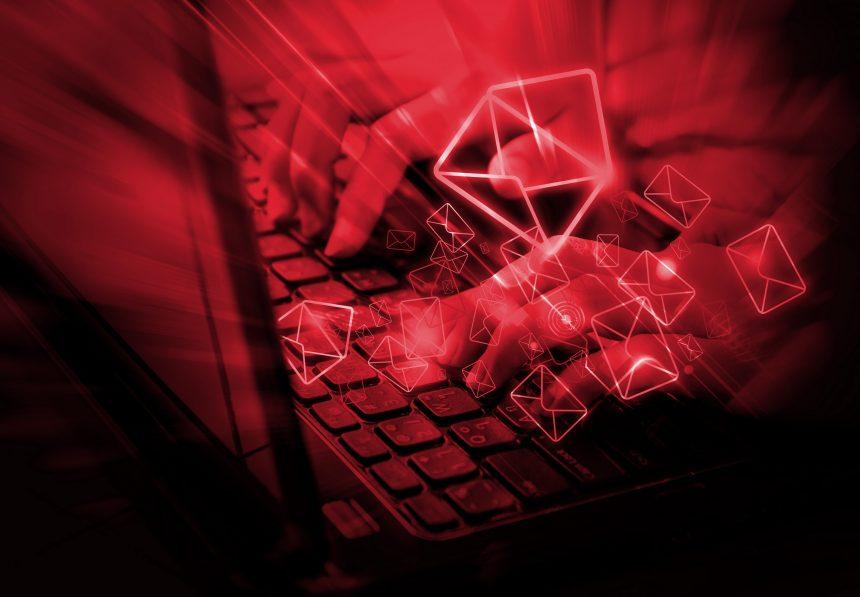In the realm of digital communication, phishing attempts continue to pose a significant threat, targeting unsuspecting individuals with deceptive schemes. The Central Loteria Nacional Europa email scam is one such fraudulent endeavor that disguises itself as a final notification regarding unclaimed prize money. However, upon closer inspection, it becomes evident that this is an attempt to deceive recipients. This article sheds light on the actions, consequences, and preventive measures against this malicious email scam.
The Central Loteria Nacional Europa Email Scam
The scam operates under the guise of an email purportedly sent by Central Loteria Nacional Europa, falsely claiming the recipient is entitled to a substantial sum of prize money. Despite its seemingly official appearance, several indicators point to its fraudulent nature.
Actions and Characteristics of the Central Loteria Nacional Europa Scam
- Fake Prize Notification: The email alleges that the recipient is entitled to a significant sum of EUR 8,740,302.10, emphasizing urgency in claiming the unclaimed prize money.
- Legal Advisor Impersonation: It claims an appointed legal advisor is processing the payment on behalf of the recipient, using a sense of urgency to prompt action.
- Phishing for Personal Information: The email requests personal details through a registration form, including the recipient’s name, address, profession, phone number, birth date, and email.
- Fake Documentation: Attached to the email is a PDF file containing a counterfeit lottery winning document, using various elements to create an illusion of legitimacy.
Consequences of Falling Victim to the Scam
- Identity Theft: Providing personal information in response to such emails can lead to identity theft and compromise sensitive data.
- Financial Loss: Scammers aim to exploit individuals by extracting sensitive information or money, potentially resulting in financial loss.
- Fraudulent Activities: Unauthorized access to accounts or manipulation of personal data for illegal activities is a risk associated with phishing scams.
Detection Names for Similar Threats:
While specific to this instance, similar phishing attempts may be detected under various names, including:
- Phishing
- Scam
- Social Engineering
- Fraud
Preventive Measures and Best Practices
- Vigilance and Verification: Exercise caution and verify the legitimacy of emails, especially those claiming unexpected rewards or requesting personal information.
- Avoiding Sharing Personal Information: Refrain from providing sensitive information in response to unsolicited emails, particularly from unfamiliar sources.
- Reporting Suspicious Activity: Report fraudulent emails to relevant authorities or the respective organization being impersonated to prevent further exploitation.
- Educating Others: Spread awareness about phishing attempts and the importance of verifying sources to prevent potential victims from falling prey to such scams.
Conclusion
The Central Loteria Nacional Europa email scam serves as a reminder to stay vigilant and cautious while navigating digital communications. By recognizing the telltale signs of phishing attempts, verifying sources, and refraining from sharing personal information, individuals can fortify themselves against such deceptive cyber threats. Stay informed, stay cautious, and stay protected against phishing attempts in the digital landscape.




